7 Tooth-attacking Dietary Red Flags
-
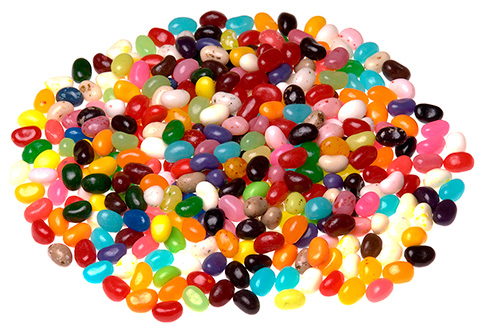
When it comes to dental health, eating patterns and food choices are important factors, especially in the case of children and teens whose teeth may still be developing. Diet and dental health go hand in hand. A well-balanced diet contributes to good oral health and general health. A poorly managed diet can lead to things like tooth decay and gum disease, which can have systemic health consequences. That said, you don’t need the perfect diet to help maintain dental health. Simply avoiding or limiting consumption of certain tooth-attacking foods can be good enough.
Here are seven dietary red flags that contribute to poor oral health:
-
Acidic Foods and Beverages
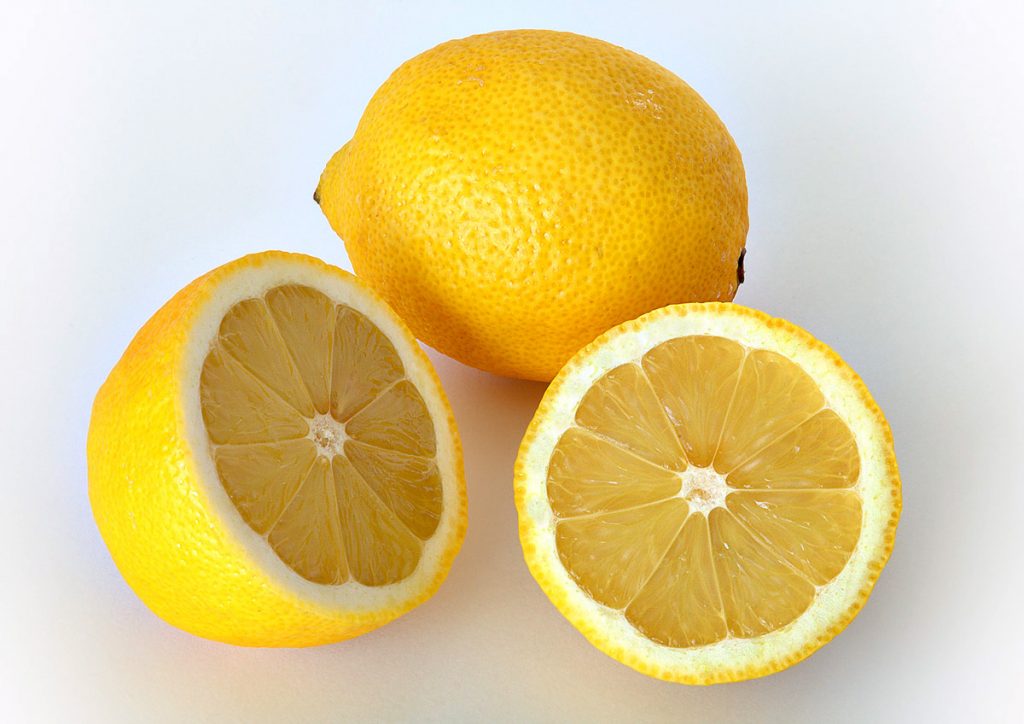
Highly acidic foods and beverages can cause dental erosion that significantly damages the teeth. Phosphoric acid (soft drinks), citric and malic acid (fruits), lactic acid (fermented products like yogurt) and tartaric acid (grapes and wine) are the common culprits of dental erosion that we consume regularly.
Tip: Try keeping a food diary so that you can better track what you eat and drink. This can help you target and limit highly acidic foods that may contribute to dental decay.
-
Sugary Snacks
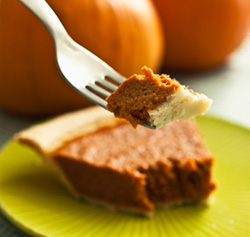
Cookies, cakes, candy, sugar-sweetened gum and other such sugary snacks are terrible for your teeth. Sugar coats the teeth and makes them more susceptible to decay. There’s nothing wrong with helping yourself to the occasional sweet treat, but keep in mind how it might affect your smile.
Tip: Opt for sugar-free alternative sweets like xylitol sweetened chewing gum.
-
Carbohydrates
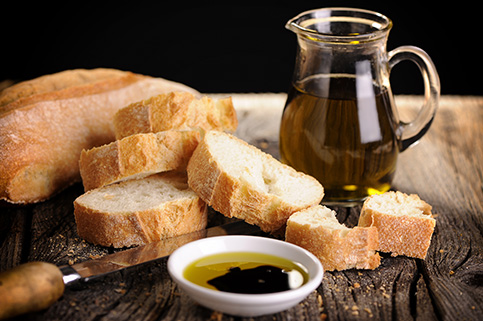
Believe it or not carbohydrates can actually be as harmful to the teeth as candies. Refined carbohydrate-laden foods such as bread, pasta and chips leave behind particles in the nooks and crannies of the teeth. Bacteria feed on the remnants and produce decay-causing bacteria.
Tip: Brush your teeth or chew sugar-free gum after meals to help clear away any unwanted food particles. Wait at least 30 minutes to brush your teeth if you’ve eaten anything acidic, as brushing too soon could damage the enamel.
-
Chewy, Sticky Foods

It goes without saying that chewy, sticky foods that can get stuck in the teeth can cause dental problems. Aside from causing damage to dental fillings or sealants, foods like granola bars, syrup, honey, jelly beans, etc. can stick to the teeth and prevent saliva from naturally washing away the sugars, which can lead to tooth decay.
Tip: Limit the amount of sugary, chewy foods you eat and be sure to brush your teeth after. Wait at least 30 minutes to brush your teeth if you’ve eaten anything acidic, as brushing too soon could damage the enamel.
-
Soda

Carbonated soft drinks can cause serious damage to the teeth if not consumed in moderation. Most are packed with sugar, but even sugar-free and diet alternatives contain phosphorous and carbonation that can wear down tooth enamel.
Tip: Use a straw to drink soda to limit contact with the teeth.
-
Fruit and Vegetable Juices
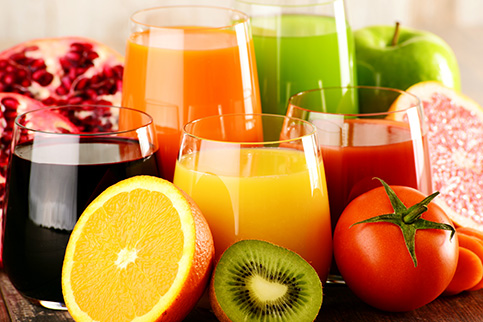
You might think they’re perfectly healthy, but the fact of the matter is that fruit and vegetable juices tend to be very high in sugar. In fact, some juices may have even more sugar than soda. Too much of that morning OJ might lead to decay.
Tip: Opt for lower-sugar juice alternatives and drink your juice through a straw.
-
Sports Drinks
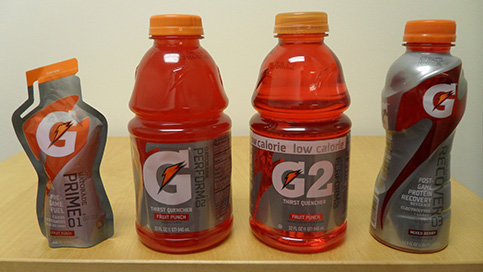
Sports drinks are most typically associated with exercise and athletics, suggesting healthfulness by association. In actual fact, most sports drinks are quite acidic, with pH levels comparable to carbonated soft drinks. As a result, excessive consumption of sports drinks can result in dental erosion.
Tip: Opt for electrolyte-infused water instead of sugary sports drinks for your aerobic activities.









